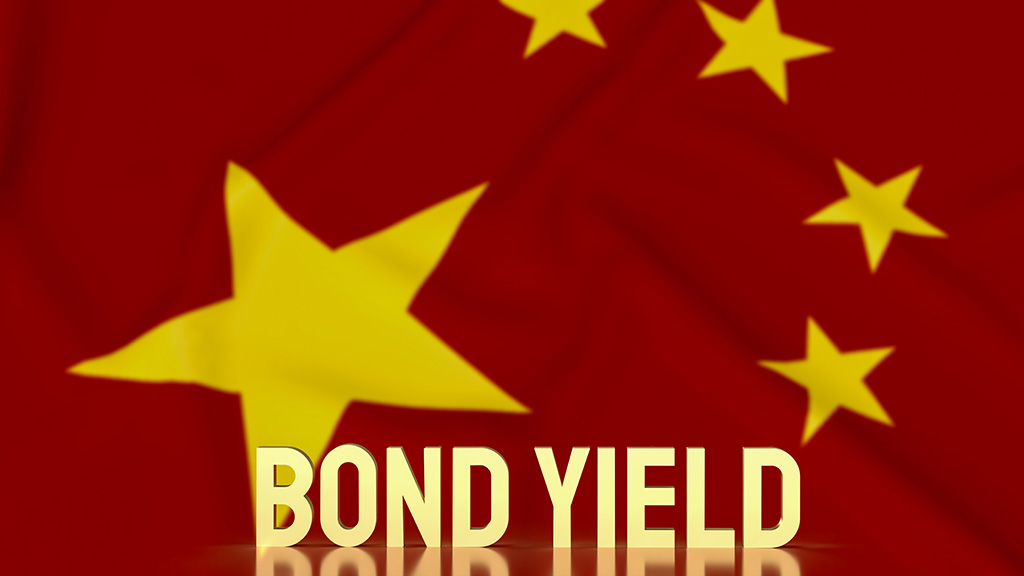Super Petchilis, or Petchili bonds, refer to a series of historical securities issued by the Chinese government in the early 20th century. They have become the subject of fascination, intrigue, and controversy for many collectors and investors. Here’s a look at what Super Petchilis are and why they continue to capture attention today.
Historical Context
In the late Qing Dynasty and early Republic of China periods, China was facing considerable economic and political upheaval. Struggling with debts and a weakened infrastructure, the Chinese government sought foreign investment to build railways and other essential facilities.
To attract international capital, the Chinese government issued bonds to foreign investors. Among these bonds were the Petchili Bonds, specifically the 1913 Lung-Tsing-U-Hai Railway bond. These bonds were named after the Petchili province (now known as Hebei), where the Lung-Tsing-U-Hai railway was planned.
Characteristics and Significance
The 1913 Lung-Tsing-U-Hai Railway bond, often referred to as the Super Petchili, had a face value of £20 and bore a 5% interest rate. It was backed by the full faith and credit of the Chinese government and further secured by revenues from the salt administration in the province.
What made the Super Petchili bonds particularly attractive were the gold clauses attached to them, promising payment in gold. At the time of issuance, they represented a lucrative investment opportunity and were widely subscribed by international investors.
Default and Controversy
Despite the initial interest, the bonds became the subject of controversy when the Chinese government defaulted on its payments after a few years. The political instability, combined with the economic challenges, led to a series of defaults that rendered the bonds virtually worthless.
Since then, the bonds have become collectibles, often fetching substantial sums among collectors and investors who speculate on their potential redemption. The People’s Republic of China (PRC) has consistently refused to recognize these historical debts, arguing that they were obligations of a former regime.
Legal Battles and Speculation
Over the decades, various attempts have been made to enforce the redemption of Super Petchili bonds. Legal battles have ensued, often involving international courts, but without definitive resolutions.
Speculators and opportunistic investors continue to buy and sell these bonds, often at inflated prices, in the hope that the Chinese government might one day recognize and redeem them. This speculation has led to numerous scams and fraudulent schemes, further muddying the waters surrounding Super Petchili bonds.
Conclusion
Super Petchilis represent a complex and intriguing chapter in the history of international finance and Chinese modernization. While their intrinsic value as financial instruments has long since evaporated, they remain significant as historical artifacts and subjects of speculation.
The enigmatic nature of these bonds, coupled with their connection to a tumultuous period in Chinese history, ensures that they continue to be a topic of discussion, debate, and fascination. The story of Super Petchili bonds offers a glimpse into the intricacies of international finance, geopolitics, and the complex interplay between past obligations and modern realities.
Contact us if you, or someone you know has Super Petchilis to sell

Leave a Reply